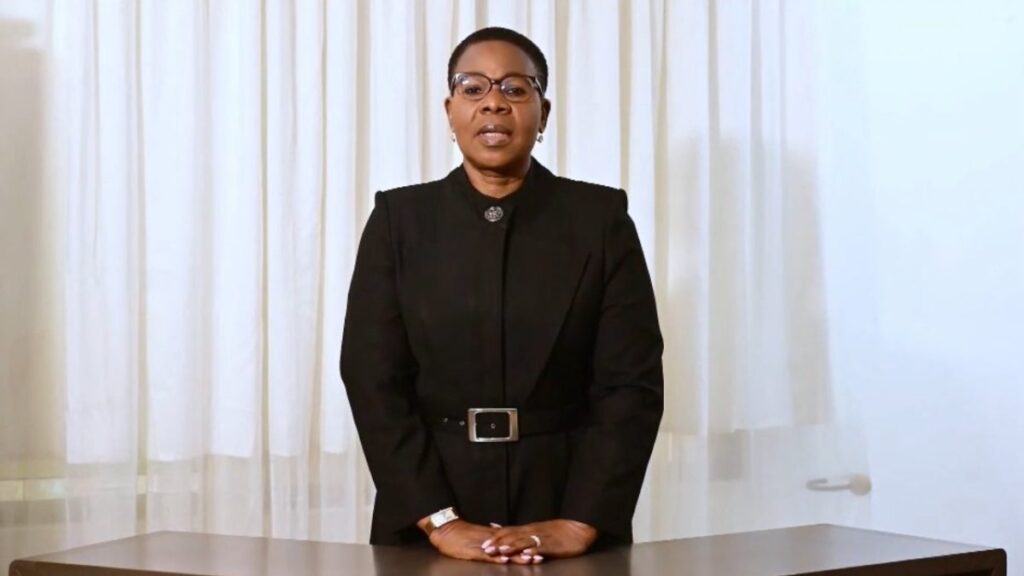Marguerite Gnakadé, the sister-in-law of Togo’s long-serving president Faure Gnassingbé, was arrested recently after publicly calling for an end to the family’s decades-long rule over the country. Gnakadé, a former defense minister who served from 2020 to 2022, had become a vocal critic of the government, urging for peaceful political transition and the resignation of Gnassingb
The arrest, which took place in the capital Lomé, follows Gnakadé’s increasing opposition to the current regime, which has been in power for over 60 years. Her late husband, Ernest Gnassingbé, was the brother of the president, and Gnakadé’s criticisms have made her a significant figure in the movement calling for change. Gnakadé had been vocal about the government’s failure to release political prisoners and its tight grip on power, and in recent months, she has written articles and made public statements demanding that the president step down and make way for a more inclusive political process.
Togo has been experiencing widespread protests, driven by growing dissatisfaction with Gnassingbé’s long rule and his recent move to a new political position that further consolidates his control. These protests have been met with a heavy security response, with reports of deaths linked to the government’s crackdown on dissent. Gnakadé’s arrest came amid these tensions and is seen as an attempt by the government to silence critics and quash calls for reform.
The arrest was condemned by opposition parties and civil society groups, with many accusing the government of using heavy-handed tactics to suppress dissent. A youth-led movement called M66 issued an ultimatum for her release, threatening widespread demonstrations if the demand is not met. Gnakadé’s arrest has further fueled anger against the government, with citizens calling for justice and freedom for those detained for their political beliefs.
As of now, Gnakadé is being questioned by authorities, and while her precise charges remain unclear, sources suggest that she could face serious charges related to her calls for military rebellion and connections with exiled opposition figures. If convicted, she could face up to 20 years in prison.
The situation continues to unfold, and it remains to be seen how it will affect the ongoing protests and the stability of the Gnassingbé regime.

